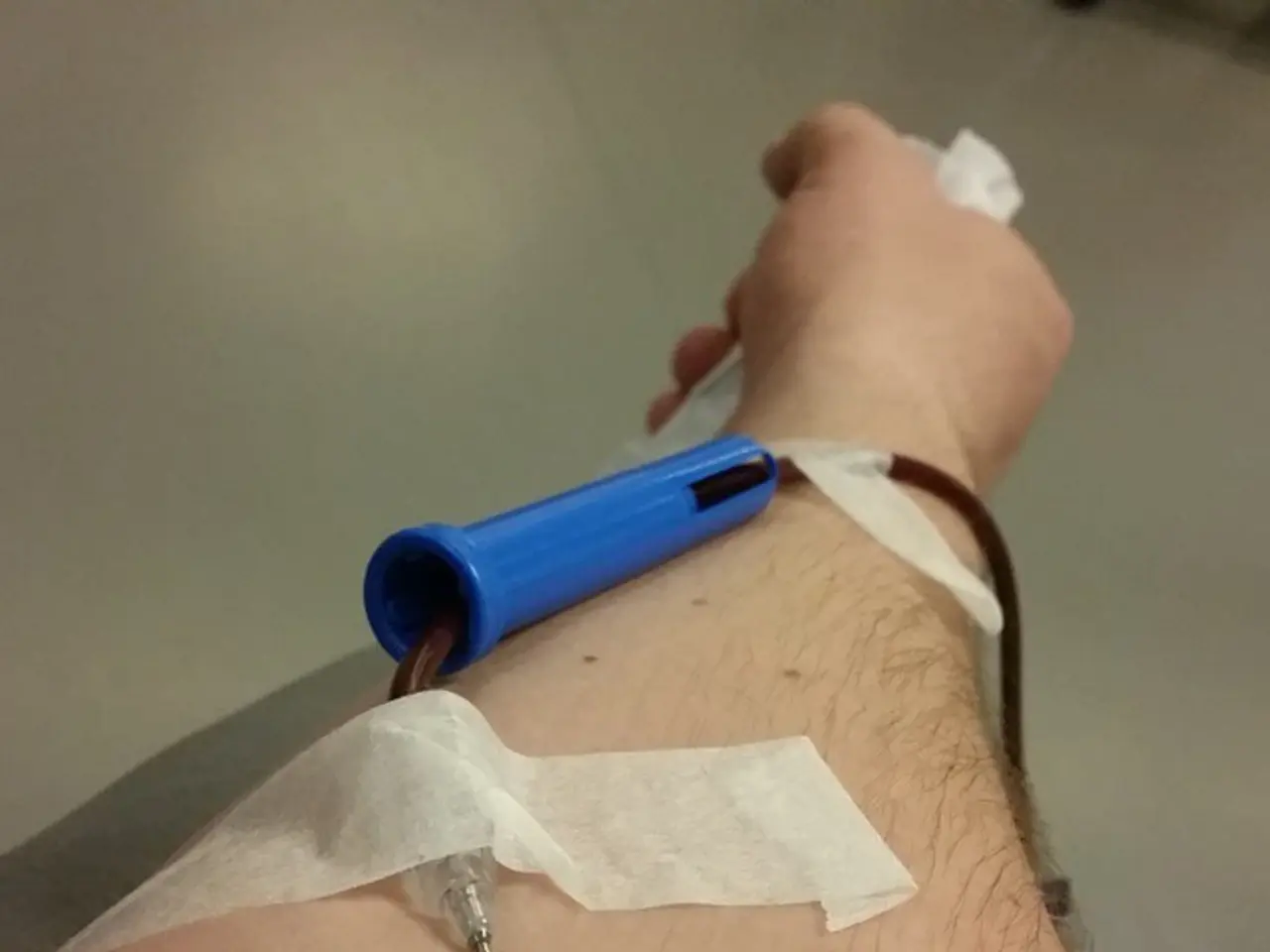Germany Streamlines Recognition of Foreign Medical Qualifications
Germany's current system for recognising foreign medical qualifications is intricate and time-consuming. With over 68,000 foreign doctors, accounting for more than 15% of the total, the need for streamlined processes is evident. The federal cabinet has approved a draft law to address this issue, led by Health Minister Nina Warken.
The draft law aims to replace document-based equivalence assessments with 'direct knowledge testing' for foreign medical professionals. This shift is expected to significantly speed up the approval process. The new law also targets other healthcare workers such as dentists, pharmacists, and midwives, aiming to standardise and digitise recognition procedures across Germany's 16 federal states.
Midwives, for instance, can opt to bypass document-based assessments by taking knowledge tests or completing adaptation courses. The law also introduces provisions for electronic document transmission and data exchange between authorities, replacing the need for paper submissions. Moreover, it enables federal states to coordinate licensing procedures, which should facilitate cross-state recognition.
If approved, this draft law promises to significantly accelerate the recognition process for foreign medical professionals in Germany. This move is crucial given the country's shortage of healthcare workers, including doctors, nurses, and other skilled professionals. The new law is set to modernise and simplify the current system, potentially attracting more foreign healthcare workers to fill these critical roles.
Read also:
- Inadequate supply of accessible housing overlooks London's disabled community
- Strange discovery in EU: Rabbits found with unusual appendages resembling tentacles on their heads
- Duration of a Travelling Blood Clot: Time Scale Explained
- Fainting versus Seizures: Overlaps, Distinctions, and Proper Responses






